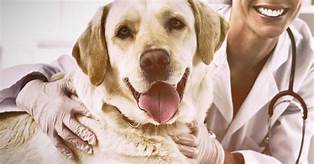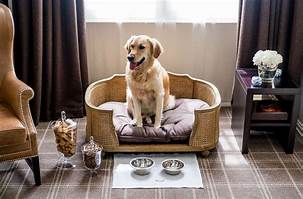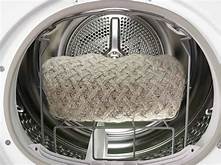Can Pets Get C Diff from Humans?
Clostridioides difficile (C. diff) is a bacteria that can cause diarrhea in humans and animals. People can get C. diff from contact with contaminated food, water, or surfaces, or from contact with an infected person or animal. Pets can get C. diff from contact with contaminated food or water, or from contact with an infected person or animal. C. diff can cause diarrhea, abdominal pain, and fever in pets.

How Can Pets Get C. Diff from Humans?
Pets can get C. diff from humans in a number of ways, including:
- Contact with an infected person's feces: If a human with C. diff infection does not wash their hands properly after using the bathroom, they can transfer the bacteria to their pet by petting them or feeding them.
- Contact with contaminated food or water: If a human with C. diff infection prepares food or water for their pet, they can contaminate the food or water with the bacteria.
- Contact with contaminated surfaces: If a human with C. diff infection touches surfaces in their home, such as doorknobs or countertops, they can transfer the bacteria to their pet by contact.
What Are the Symptoms of C. Diff in Pets?
The symptoms of C. diff infection in pets can vary, but may include:
- Diarrhea: Diarrhea is a common symptom of C. diff infection in pets. The diarrhea may be watery, bloody, or mucoid.
- Abdominal pain: Pets with C. diff infection may experience abdominal pain or cramping.
- Fever: Pets with C. diff infection may have a fever.
- Lethargy: Pets with C. diff infection may be lethargic or tired.
- Weight loss: Pets with C. diff infection may lose weight.
How Is C. Diff Diagnosed in Pets?
C. diff infection is diagnosed in pets by testing a stool sample for the presence of C. diff bacteria. The stool sample can be collected at home or at the veterinarian's office.
How Is C. Diff Treated in Pets?
The treatment for C. diff infection in pets typically involves antibiotics. The antibiotics are used to kill the C. diff bacteria. The length of treatment will depend on the severity of the infection.
How Can I Prevent My Pet from Getting C. Diff?
There are a number of things you can do to help prevent your pet from getting C. diff, including:
- Wash your hands thoroughly with soap and water after using the bathroom, handling raw meat, or touching animals.
- Do not allow your pet to come into contact with feces from an infected person or animal.
- Keep your pet's food and water bowls clean and disinfected.
- Clean and disinfect surfaces in your home that your pet may touch, such as doorknobs and countertops.
- Take your pet to the veterinarian for regular checkups.
Declaration: All article resources on this website, unless otherwise specified or labeled, are collected from online resources. If the content on this website infringes on the legitimate rights and interests of the original author, you can contact this website to delete it.



